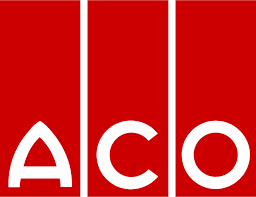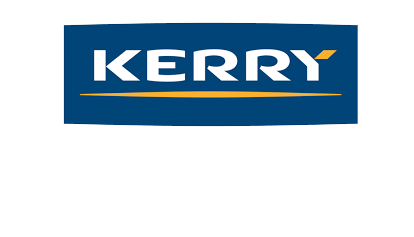
- Details
- Category: Blog
The evolution of technology has changed the fundamentals of what a project can achieve. With today's technology a significant proportion of the potential return on investment come from using the new asset or system to identify where there is waste or improvement opportunities.
Gains are then delivered by using better data or connectivity to fix gaps or weaknesses in management processes. In some cases it can also be the trigger to change the business model to access new markets and added value. (See Technology Project Added Value Gains)
This is not well serviced by traditional Waterfall Project Management approaches built on the logical but fragile sequential approach which is unable to adapt when initial assumptions are found to be incorrect or things change during the project.
This has led to more Adaptive Project Management approaches which include feedback loops to tap into insights gained and technological advances achieved during the project process. This approach also has higher levels of user engagement which increases project added value.
Adaptive Project Management answers questions such as:
- What unique new value could this technology create that otherwise would not be possible?
- How could this technology enhance our organisation’s operational excellence?
- How will we engage our people with using this technology to develop safer, more productive and effective work routines?
Those questions engage and empower users with decisions about design, performance management, risk management, and life cycle cost management. Outcomes include streamlined project delivery, risk reduction and the foundations to achieve flawless operations from day one.
In some cases, the project process involves the use of pilot and rapid scale up activities to test out and refine ideas as part of the project brief. That still makes use of formal stage gate milestone steps but these provide a focal point to refine ideas and kill off unproven pet projects or at least shelve them until the technology has caught up with a potentially value adding opportunity.
To adopt this approach to project management, decision-makers must equip project managers with the skills to align stakeholder priorities, codify collective insights, and guide decision making through the end to end project lifecycle from concept to flawless operation from day one.
That typically involves investing in both project manager and project team training, which is not just a smart decision—but essential for long-term success with delivering gains from advanced technology.
Something that is covered by the 3 day Manufacturing Project Management Course. The course provides project stakeholders in manufacturing organisations with the tools, techniques, and insights needed to successfully manage complex projects from concept to completion. Course content covers the essential aspects of project management, emphasizing collaboration, risk management, and steps to deliver flawless operation from day one.








